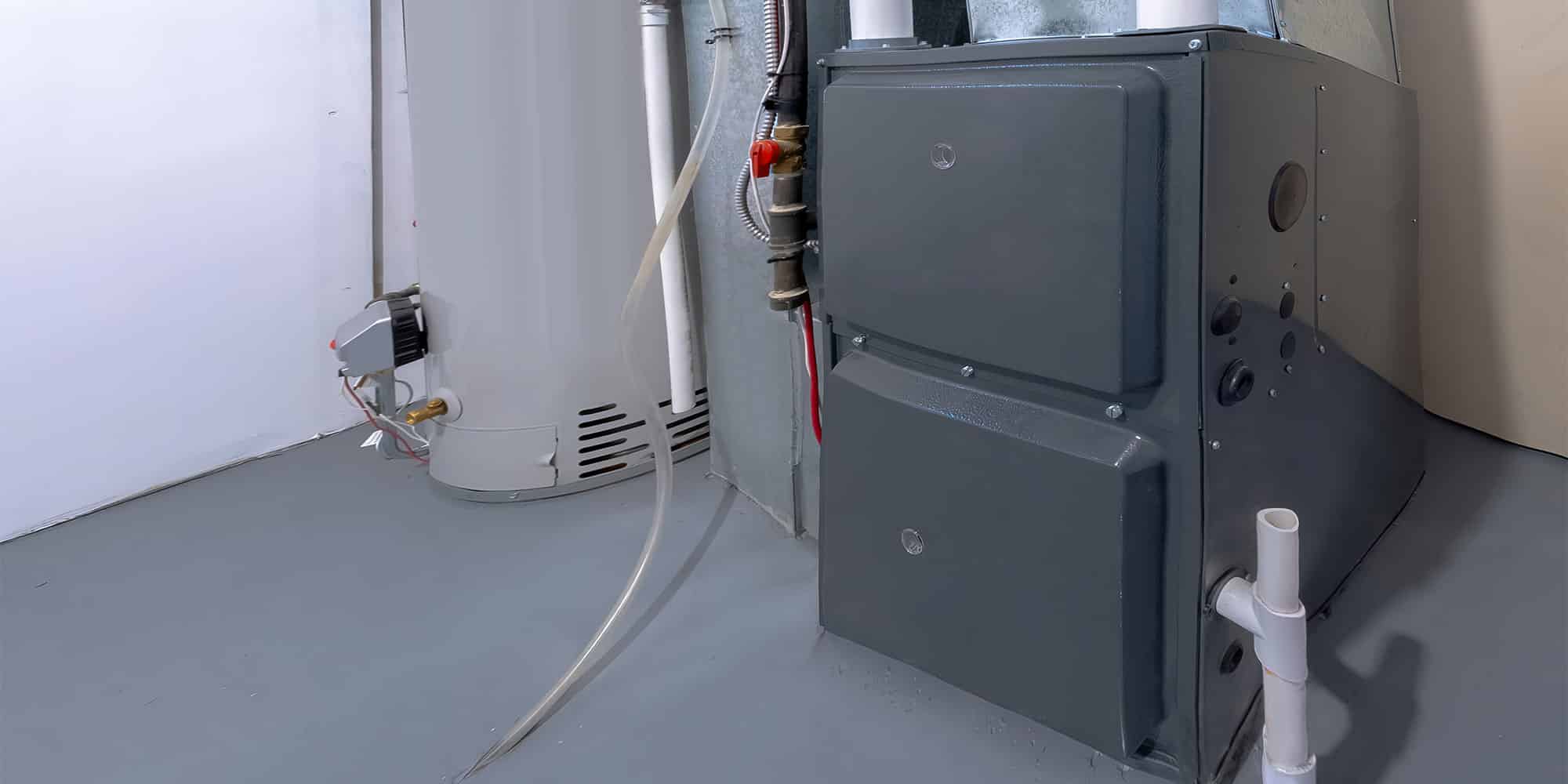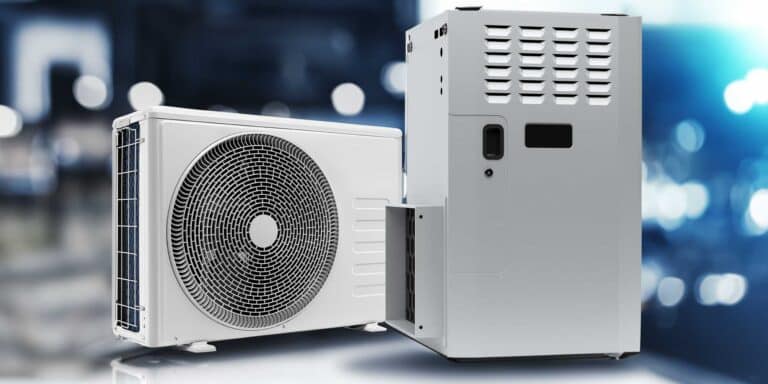Choosing the Best Furnace for Your Home: Gas, Oil, or Electric?
When the temperatures plummet in regions like Idaho and Western Wyoming, a reliable furnace is essential. Choosing the best furnace for your home involves understanding the pros and cons of each option – gas, oil, or electric – and considering factors like energy efficiency, cost, and maintenance needs.
Gas Furnaces
Gas furnaces are among the most popular options due to their efficiency and affordability. They use natural gas, which is often less expensive than other fuels.
PROS:
- High energy efficiency, especially with modern condensing models.
- Lower operational costs compared to oil and electric systems.
- Heats homes quickly and effectively in cold climates.
CONS:
- Requires a natural gas line connection, which may not be available in all areas.
- Carbon monoxide risks necessitate proper installation and regular maintenance.
- Higher initial cost than electric systems.
Oil Furnaces
Oil furnaces are a solid choice for homes without access to natural gas. They burn oil stored in tanks, making them common in rural areas.
PROS:
- Provides powerful heat, ideal for very cold climates.
- Oil prices can fluctuate but are often competitive with gas.
- Longer lifespan with proper maintenance compared to gas systems.
CONS:
- Requires regular delivery and storage of oil.
- Higher maintenance requirements, including annual cleaning.
- Produces more emissions than gas furnaces.
Electric Furnaces
Electric furnaces are a versatile and environmentally friendly option in areas with affordable electricity.
PROS:
- Lower upfront cost compared to gas and oil systems.
- Safer to operate -no risk of carbon monoxide or gas leaks.
- Easy installation and minimal maintenance.
CONS:
- Higher operational costs, especially in cold climates where heating demand is constant.
- Slower to heat large spaces compared to gas or oil systems.
- May struggle to provide sufficient warmth in extreme cold without supplementary heating.
|
Feature |
Gas Furnace |
Oil Furnace |
Electric Furnace |
|---|---|---|---|
|
Initial Cost |
High |
Moderate |
Low |
|
Operational Cost |
Low |
Moderate-High |
High |
|
Efficiency |
High |
Moderate |
Moderate-High |
|
Environmental Impact |
Moderate |
High |
Low (depends on electricity source) |
|
Maintenance |
Moderate |
High |
Low |
Energy Efficiency and Maintenance
Efficiency is a key factor, especially in cold climates. Look for furnaces with high Annual Fuel Utilization Efficiency (AFUE) ratings. AFUE measures how efficiently a furnace converts fuel into usable heat over a heating season. For example, a furnace with a 90% AFUE converts 90% of fuel into heat, losing only 10% as waste.
Modern gas furnaces can achieve up to 98% AFUE, while oil furnaces typically range from 80%-90%. Electric furnaces boast nearly 100% AFUE but may lose efficiency due to the energy production process at power plants. Higher AFUE ratings generally translate to lower operational costs, especially in cold regions.
Maintenance Tips:
- Schedule annual inspections for gas and oil furnaces.
- Replace air filters regularly to ensure optimal airflow.
- Test carbon monoxide detectors for gas furnaces.
Choosing the Best Furnace for Your Home
The best furnace for your home depends on local fuel availability, your budget, and your heating needs. If natural gas is accessible, a gas furnace is often the most economical. For rural homes, oil furnaces provide strong heat but require more maintenance. Electric furnaces are ideal for smaller homes or areas with mild winters.
Consult with Top-Notch Heating and Plumbing, your local experts in furnace installation and maintenance, to ensure you select the most efficient and safe heating solution for your home. Contact us today!






